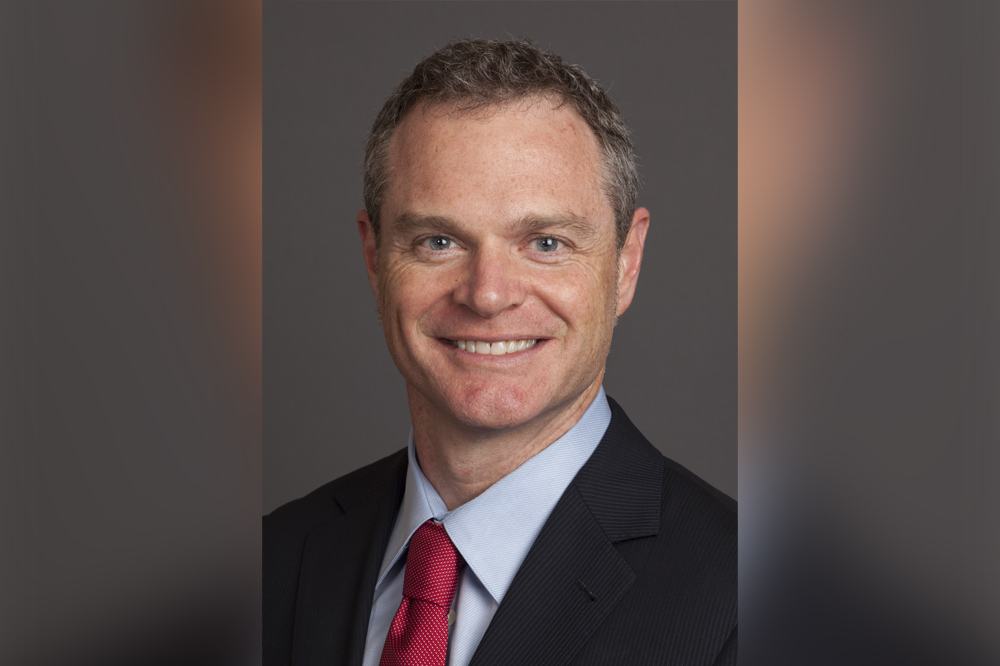Even as the economy added more construction jobs in November and huge demand is pressuring homebuilders to generate as much supply as possible, one chief economist says this historic shortage of housing supply will continue through at least the medium-term.
Mark Fleming, chief economist at First American (pictured), told MPA that chronic undersupply is a confluence of long and short-term issues. Recently, historically low rates have sparked a buying spree. Over the past decade, Fleming said, the US has been “underbuilt.” While housing starts are accelerating, Fleming believes this upswing will take years to address this longstanding issue. In the meantime, he predicts housing markets to get hotter and hotter. While this shortage continues, brokers and originators will need to prepare for increasingly competitive markets.
“You need to become very good at writing the escalation calls contract offers,” Fleming said when asked what mortgage professionals need to do in this shortage. “The transaction of a home is an auction between two parties, the seller and the buyer. In that auction, there’s a first mover and there’s the there’s the auction dynamics that go into play. Having contracts with escalation clauses, I think, is par for the course. You wouldn’t do it any other way in an environment like this.”
While Fleming sees the current shortage as effectively a nationwide phenomenon, he highlighted the big coastal metro areas as the most chronically undersupplied. Fleming said the Southeast and the sunbelt states, where most new construction has focused in the past 10 years, still suffer from shortages. In his words they’re just “less under-supplied” than the coastal metro markets.
Read more: New construction jobs were added in November, can this curb the supply shortage?
When asked if the percentage of homes in forbearance could go into foreclosure and flood the housing market with new supply circa 2010 Fleming pointed to another crucial factor inhibiting widespread foreclosures. Even if a mortgage holder is delinquent, most American homes have gained equity in the past year, meaning that owners can simply sell their homes and downsize or rent. Equity, Fleming explained, offsets foreclosure risk and as of now American homeowners are sitting on around $20 trillion in equity.
This refinance and purchase boom could even exacerbate the current supply shortage. As owners lock-in 3% rates, Fleming explained that they could be disincentivized from refinancing or even moving in future. It’s called the “rate lock-in effect” and Fleming believes it could result in more homeowners staying put when rates do rise and the market pivots back to purchase, further worsening the housing shortage.
Homebuilders, Fleming said, will play an absolutely crucial role in this equation going forward. Growing millennial homebuyer interest in the suburbs and ex-urbs, he believes will help erode these inventory shortages as they move to new-built properties in these markets.
Read more: ACCC says shop around for your mortgage
If policymakers want to impact this shortage, Fleming believes they need to focus on producers. Policies addressing the demand side, he explained, will only serve to worsen the shortage by making homebuying more accessible and markets more competitive. Policy makers need to incentivize more building and change zoning regulations to meet the demand for shelter in the US today.
A few international markets, Fleming said, could point to a “Christmas future” scenario if housing shortages and rapid price appreciation continue. Canada, Australia, and the UK have all seen rapid price appreciation in their major cities on the back of short supply, low rates, and white-hot demand. Those markets, he explained have significant “house buying power” meaning it takes less income and a smaller down payment to afford a home. That dynamic has driven up prices in those countries and could do the same in major US markets.
In this hugely competitive environment, Fleming explained that mortgage professionals need to do more on the expectation-management side of their client communication. They need to stress that the client might not win on the first, second, third, or fourth home. They need to educate clients on how the escalation clause works. They need to coach their clients on how to deal with this market by balancing opportunity, preference, behaviour, and mortgage rates. Brokers and originators need to emphasize their expertise to make themselves indispensable to the client.
“Those of us who participate in the mortgage industry every day we’re going to be able to educate our customers better than the customer themselves,” Fleming said. When people buy and sell homes they’re almost never going to be an expert at it. I might be an expert at buying milk, I do it at least once a week. But if I’m buying and selling a home, I rely on the expertise of others, because I don’t participate in this market very often. That value is all the more important today in a complex and challenging market.”

